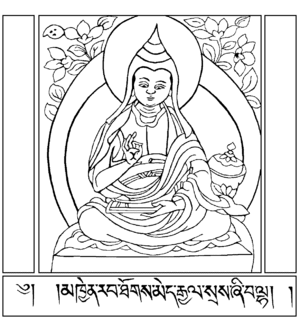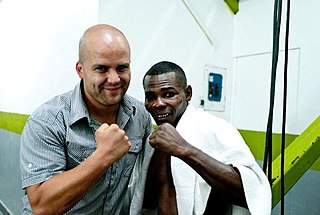A Quote by Harriet Martineau
My own feeling of concern arises from seeing how much moral injury and suffering is created by the superstitions of the Christian mythology.
Related Quotes
If you want to understand suffering you must look into the situation at hand. The teachings say that wherever a problem arises it must be settled right there. Where suffering lies is right where non-suffering will arise, it ceases at the place where it arises. If suffering arises you must contemplate right there, you don't have to run away. You should settle the issue right there. One who runs away from suffering out of fear is the most foolish person of all. He will simply increases his stupidity endlessly.
Moral Injury is differentiated from PTSD in that it directly relates to guilt and shame veterans experience as a result of committing actions that go against their moral codes. Therapists who study and treat moral injury have found that no amount of medication can relieve the pain of trying to live with these moral burdens.
I can truly say, after an experience of seventy years, that all the cares and anxieties, the trials and disappointments of my whole life, are light, when balanced with my sufferings in childhood and youth from the theological dogmas which I sincerely believed. . . . The memory of my own suffering has prevented me from ever shadowing one young soul with the superstitions of the Christian religion.
How much abuse is a fighter expected to endure before he can be allowed to show some concern for his own welfare? Anyone who has been around fighters knows they all share the same secret: They are more afraid of embarrassment and humiliation than injury. Do fans and writers use this fact against them in what we celebrate or criticize?
The real thing is that you are suffering from your expectations. When they are not fulfilled - and they are never going to be fulfilled - frustration arises, failure arises, and you feel neglected, as if existence does not care for you. Drop expectations for the future. Remain open, remain available to whatsoever happens, but don't plan ahead. Don't make any psychological, fixed ideas about the future - that things should be like this - and much more suffering will disappear.
Compassion allows us to use our own pain and the pain of others as a vehicle for connection. This is a delicate and profound path. We may be adverse to seeing our own suffering because it tends to ignite a blaze of self-blame and regret. And we may be adverse to seeing suffering in others because we find it unbearable or distasteful, or we find it threatening to our own happiness. All of these possible reactions to the suffering in the word make us want to turn away from life.






































